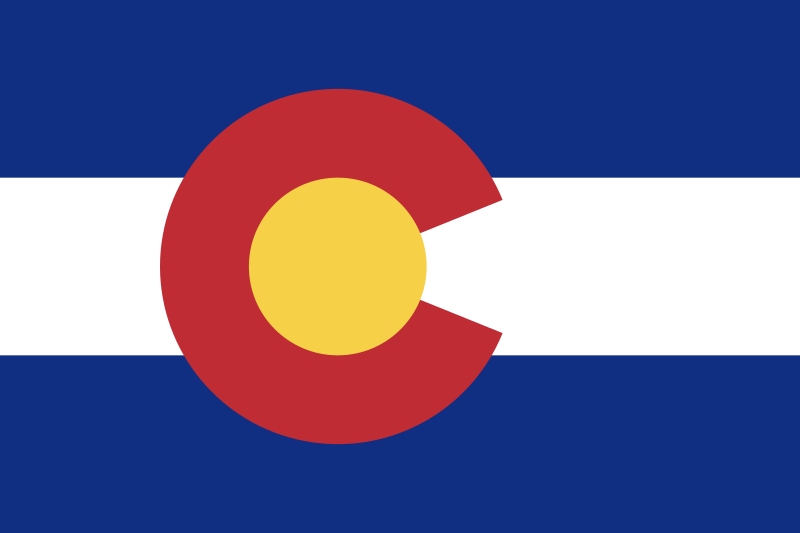The Colorado Legislature put two statutory measures on the Nov. 8 ballot before adjourning on May 11.
One measure—House Bill 1414—would create a new Healthy School Meals for All Program and fund the program through (a) reducing income tax deduction caps from $30,000 for single filers and $60,000 for joint filers to $12,000 for single filers and $16,000 for joint filers and (b) decreasing the income threshold at which the caps apply from $400,000 to $300,000. The program would reimburse participating schools for free meals provided to students and provide schools with local food purchasing grants and school food-related funding. State officials estimated these deduction cap changes would increase state revenue by $100.7 million per year.
The other measure—Senate Bill 222—would require the ballot titles and fiscal impact summaries for citizen initiatives that affect income taxes to include a table showing the changes the initiative would make in average income taxes owed for different income brackets.
Both measures were passed largely along partisan lines. Democrats in the Senate and House supported both measures. All voting Republicans opposed SB 222, and 34 of 39 Republicans opposed HB 1414. Any bills that the legislature refers to voters do not need to be signed by the governor and cannot be vetoed in Colorado.
These measures join three constitutional amendments the legislature referred to the ballot. The legislature must submit all constitutional amendments to the ballot for voter approval. Most changes to statute do not require voter approval.
House Bill 1414, however, requires voter approval because it would increase state tax revenue, and Colorado's Taxpayer Bill of Rights (TABOR) requires voter approval of any increases to taxes or changes to tax policy that result in increased state revenue. The state's TABOR law was approved by voters in 1992 through a citizen-initiated constitutional amendment.
The provisions of Senate Bill 222 do not require voter approval under the state constitution. Sponsors of Senate Bill 222 decided to refer it to the voters so that it would not require Gov. Jared Polis' (D) signature. State Rep. Chris Kennedy (D) said, “There are a number of components (last year) where we reached agreement with the governor. But he expressed some concern about the idea of printing a table where it breaks down the value of the tax benefit or the tax increase to different income brackets … on the ballot itself. So, this year, what we’ve introduced is a bill that’s going to refer this question to the voters so that the governor doesn’t have to weigh in on it.”
Currently, under bills the legislature passed and Gov. Polis signed in 2020 and 2021, Colorado law requires fiscal impact statements for initiatives increasing or decreasing taxes to specify services that might be affected and requires a table showing the tax burden change to be included in the state's ballot information booklet. This 2022 measure would require the table to be included within the ballot title of the initiative in addition to the information booklet and would specify that the table must show the amount owed by taxpayers in each bracket.
Kara Powell, a spokeswoman for Polis, said, “Gov. Polis believes that voters should decide how issues are presented on the people’s ballot because it is their ballot, not the state legislature’s ballot. That includes whether or not to approve requiring a table in the fiscal summary for any ballot initiative that would increase or decrease the tax rate.”
One citizen initiative to reduce income tax rates from 4.55% to 4.40% has also qualified so far. The signature submission deadline for citizen initiatives to qualify for the 2022 ballot is Aug. 8.
Additional reading:



